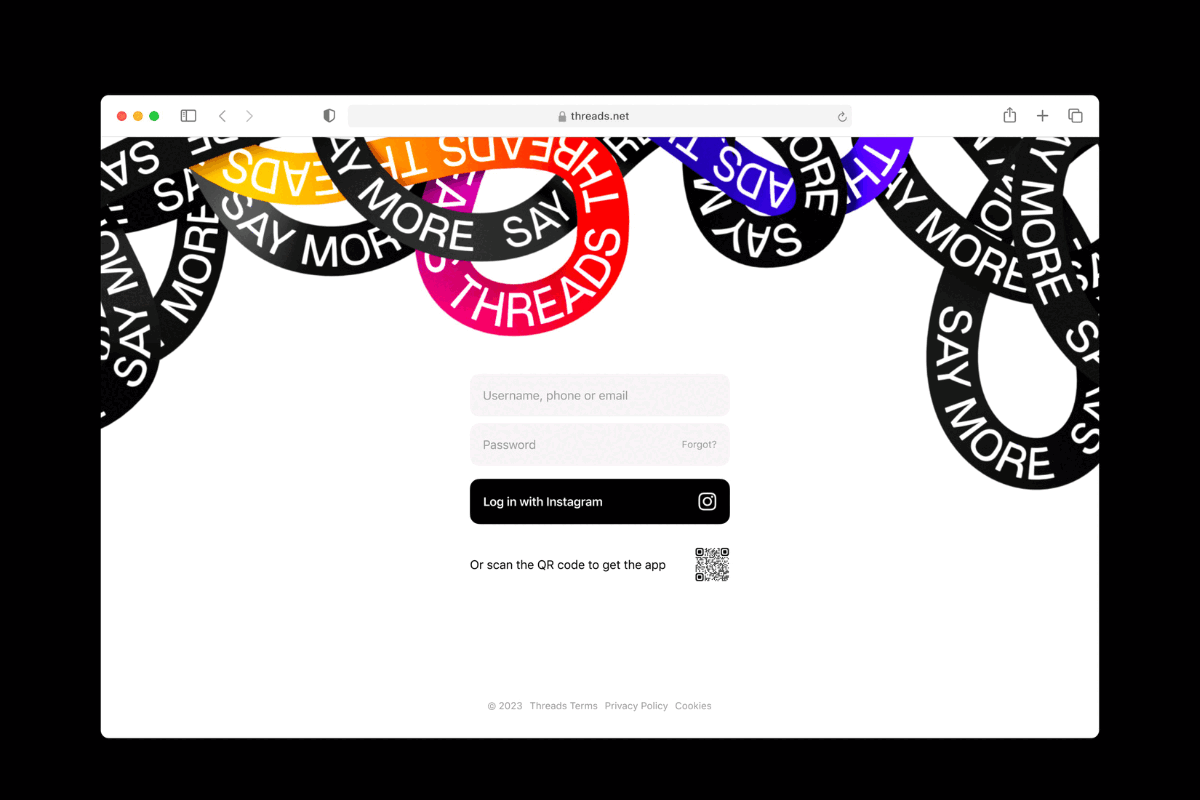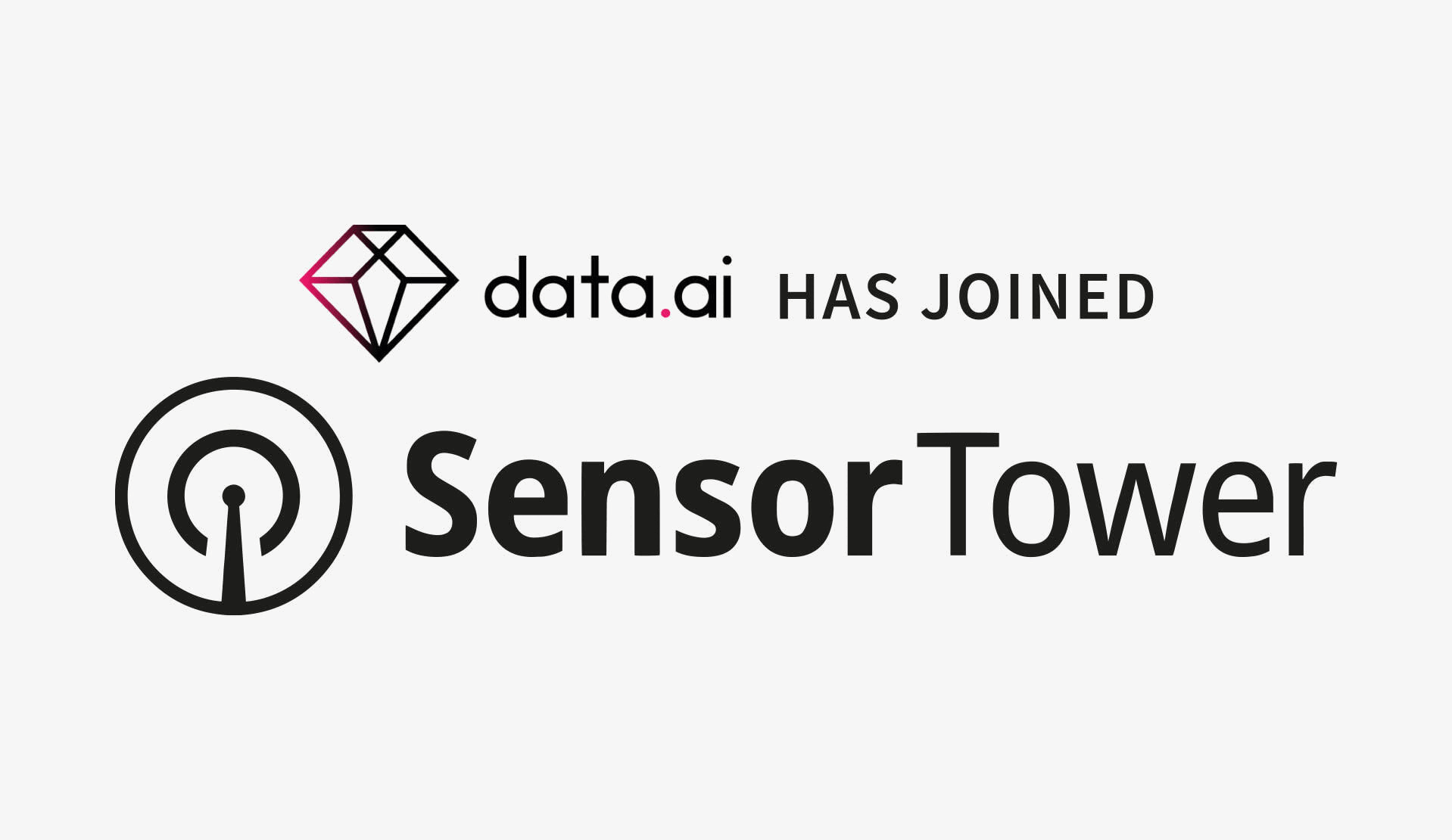Innovation Lab: Airport Robots, Drones vs Sharks and Gentle Cybernetics
- Friday, November 27th, 2015
- Share this article:
At Mobile Marketing were proud to help tech companies showcase their cutting-edge solutions, whether its on our website, in our magazine or at our Mobile Marketing Summits. Giving a platform to companies that are breaking new ground in their market brings audiences one step closer to the ideas and developments that will shape tomorrow.
In that spirit, our Innovation Lab feature takes a step beyond the world of apps, ads and handsets with slightly bigger screens, in order to share some of the tech worlds innovative ideas. They might be interesting, disruptive or just outright strange, but these are the stories that have caught our eye over the past week.
Spencer the Robot Guides You Through Amsterdam Airport
 Amsterdams Schiphol Airport is one of Europes largest flight hubs, but suffers from a notoriously confusing layout of terminals, leading to numerous passengers getting lost and missing flights. To try and ensure this doesnt happen, the airport is testing out a robotic helper for bewildered travellers.
Amsterdams Schiphol Airport is one of Europes largest flight hubs, but suffers from a notoriously confusing layout of terminals, leading to numerous passengers getting lost and missing flights. To try and ensure this doesnt happen, the airport is testing out a robotic helper for bewildered travellers.
Spencer is being tested from the end of this month, greeting and guiding passengers using laser range-finding eyes and detailed maps of the airports interior. The robot understands human behaviours, so it wont simply push through large crowds of people but travel around them, and will check in with people following it to ensure none have been left behind.
Researchers from Swedens Örebro University helped develop the mapping software that enables Spencer to understand its surroundings, and airline KLM providing some of the funding to help lessen the cost of missed flights that the airports confusing layout was causing.
“Navigating an airport is challenging,” Achim Lilienthal, project leader at Örebro University. “There is a lot of glass and a constantly changing environment in terms of temporary obstructions, such as parked luggage trolleys and people everywhere. Objects that are temporarily permanent, so to speak, are the most difficult to work around. We are working on a general map representation that includes and allows the robot to handle temporarily permanent objects.”
Microsoft Teams with Guide Dogs for Cities Unlocked Project
Microsoft has announced a major technology update to its partnership with charity Guide Dogs which centres around smart headsets and apps that help visually impaired people to better navigate their surroundings using sound.
The improvements have been made as part of Microsofts Cities Unlocked project, which works with the Future Cities Catapult to reduce the stress associated with getting around urban spaces, particularly for people with disabilities.
The technology enables users to access additional information about their surroundings, either through a remote or voice commands, and works alongside navigation tools in the app which use directional audio to help build a mental image of the area they are navigating.
The first prototype, which was unveiled last year, used clicking sounds to guide wearers in the right direction, but this second phase of the project has been re-designed to be “descriptive rather than prescriptive”, according to Microsoft.
 Drones Versus Sharks Off The Australian Coast
Drones Versus Sharks Off The Australian Coast
The Australian government is putting drones to what may be their most novel use so far – protecting beach goers from shark attacks. The flying devices can be deployed far quicker than helicopters, which have been used in the past to monitor the aquatic predators, and cover a wider area.
Drones will be trialled on the north coast of Australia as part of a $16m (£7.6m) shark strategy by the New South Wales government, which also includes smart drum lines which will enable sharks to be hooked, tagged and released further out to sea.
“There is no easy way to reduce risks for swimmers and surfers,” said Niall Blair, Minister for Primary Industries. “We are delivering on a commitment to test the best science available, including new technologies, as we try to find an effective long-term solution to keep our beaches safe.”
Prosthetic Hand Is Precise Enough to Grip an Eggshell Without Crushing It
Sensory technology company SynTouch has made a revolutionary leap forward in the development of prosthetics and robotic fingers, developing technology that contains all the sensory capabilities found in human fingertips.
The firms BioTac fingers can sense applied force, temperature and vibration, as well as accurately detecting the corners of objects, determining texture and even sensing if something is about to slip out of a prosthetic hand.
As well as working in prosthetics, the company has worked with the Shadow Robot Company to integrate the BioTac sensor onto its Dexterous Hand robotic hand, and is readying the product for consumer availability, potentially offering prosthetic users a whole new level of accuracy and sensitivity.
 New Smart Screen Promises End of Mobile Battery Woes
New Smart Screen Promises End of Mobile Battery Woes
The screen of your smartphone is by far the biggest drain on its battery, leading many people to drop their brightness level as low as possible when theyre out of direct sunlight to save power. However, such trade-offs may soon be a thing of the past thanks to a new display created by Bodle Technologies.
The display uses phase-change material, which pushes electrical pulses into transparent layers to produce a crisp, vivid display, even in direct sunlight, and all while drawing almost no power. The technology could even work on small smartwatch screens, reducing how often they need to be charged from every night to once a week.
The company is reportedly in talks with some the worlds largest consumer electronics corporations over the technology, which could also be used to create smart windows that block infrared waves, keeping buildings cool without the need for air-conditioning.
















